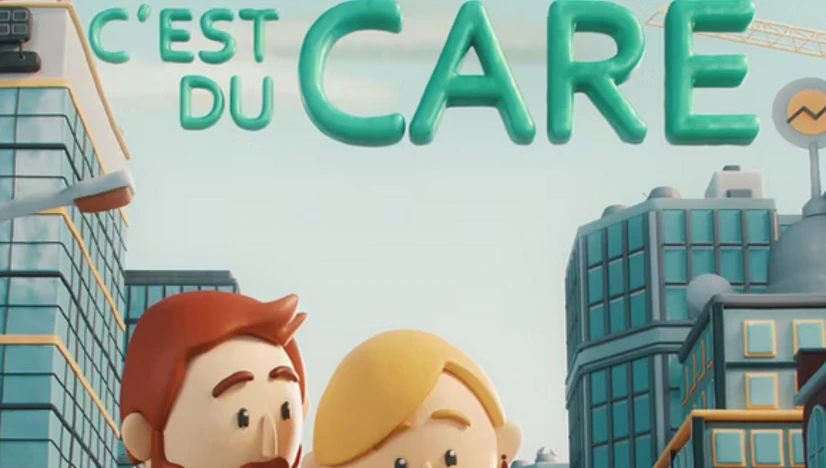L’économie, c’est du care!
Author: Ina Praetorius (WiC - Wirtschaft ist Care)
Producer: Hans Jörg Fehle
Realisator: Sergio Herencias, Andreas Tanner and others
Wirtschaft ist Care, 2018
Wirtschaft ist Care, 2018
Poziom: początkujący
Ce court-métrage interroge l’état actuel de l’économie avec des petits jeus d’esprit. Et il encourage la réflexion en retraçant la manière dont s’est imposée la conception contemporaine de l’économie.
Cliquer ici: L’économie, c’est du care!
Ce matériau a été suggéré et édité par:
Używamy plików cookies na naszej stronie. Kliknij na Akceptuj, aby pomóc nam uczynić Exploring Economics ciągle lepszym!

